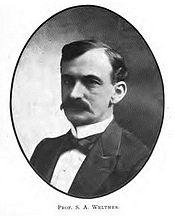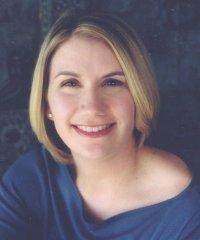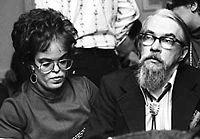Charles Hodge Quotes - Page 3

Charles Hodge (1855). “What is Presbyterianism?: An Address Delivered Before the Presbyterian Historical Society at Their Anniversary Meeting in Philadelphia, on Tuesday Evening, May 1, 1855”, p.27
Charles HODGE (D.D., of Princeton, New Jersey.) (1855). “What is Presbyterianism? An Address”, p.68
Charles Hodge (1855). “What is Presbyterianism?: An Address Delivered Before the Presbyterian Historical Society at Their Anniversary Meeting in Philadelphia, on Tuesday Evening, May 1, 1855”, p.38
Charles Hodge (1855). “What is Presbyterianism?: An Address Delivered Before the Presbyterian Historical Society at Their Anniversary Meeting in Philadelphia, on Tuesday Evening, May 1, 1855”, p.66
Charles Hodge (1855). “What is Presbyterianism?: An Address Delivered Before the Presbyterian Historical Society at Their Anniversary Meeting in Philadelphia, on Tuesday Evening, May 1, 1855”, p.66
Charles Hodge (1872). “Systematic Theology”, p.278
Charles Hodge (1855). “What is Presbyterianism?: An Address Delivered Before the Presbyterian Historical Society at Their Anniversary Meeting in Philadelphia, on Tuesday Evening, May 1, 1855”, p.21
Charles Hodge (1855). “What is Presbyterianism?: An Address Delivered Before the Presbyterian Historical Society at Their Anniversary Meeting in Philadelphia, on Tuesday Evening, May 1, 1855”, p.16
Charles Hodge (1855). “What is Presbyterianism?: An Address Delivered Before the Presbyterian Historical Society at Their Anniversary Meeting in Philadelphia, on Tuesday Evening, May 1, 1855”, p.27
Charles HODGE (D.D., of Princeton, New Jersey.) (1855). “What is Presbyterianism? An Address”, p.7
Charles Hodge (1855). “What is Presbyterianism?: An Address Delivered Before the Presbyterian Historical Society at Their Anniversary Meeting in Philadelphia, on Tuesday Evening, May 1, 1855”, p.46
Ruling elders are declared to be the representatives of the people.
Charles Hodge (1855). “What is Presbyterianism?: An Address Delivered Before the Presbyterian Historical Society at Their Anniversary Meeting in Philadelphia, on Tuesday Evening, May 1, 1855”, p.16
Charles Hodge (1855). “What is Presbyterianism?: An Address Delivered Before the Presbyterian Historical Society at Their Anniversary Meeting in Philadelphia, on Tuesday Evening, May 1, 1855”, p.4






